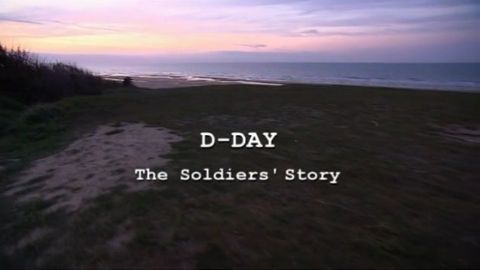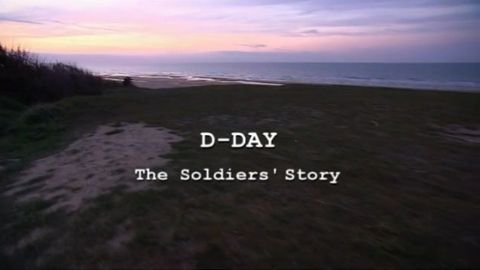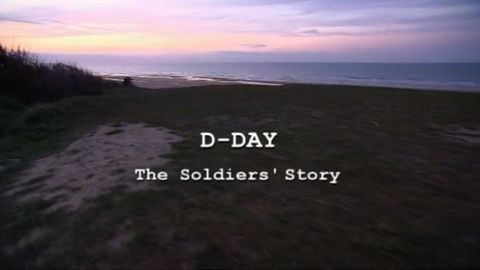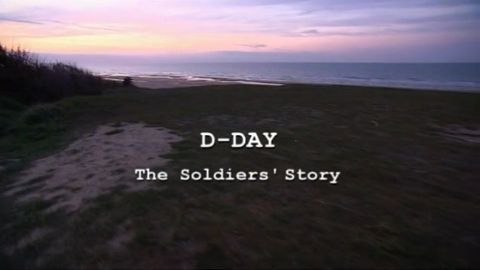Part 4 • 2012 • episode "S1E4" • D-Day: The Soldiers Story
D-Day is a success, but now the Allies face the challenge of breaking out of the dense hedgerows of Normandy and into open country. They face highly motivated and experienced German soldiers, including Waffen SS units, who make them pay dearly for every yard they advance. The savagery of the fighting also takes a high psychological toll on Allied soldiers – much more so than on German troops who have been subjected to years of indoctrination. But in the end, Allied material superiority takes its toll. General Patton arrives to lead the charge into open country. German soldiers start to surrender in ever greater numbers, and the road to Paris is suddenly open.
Make a donation
Buy a brother a hot coffee? Or a cold beer?
Hope you're finding these documentaries fascinating and eye-opening. It's just me, working hard behind the scenes to bring you this enriching content.
Running and maintaining a website like this takes time and resources. That's why I'm reaching out to you. If you appreciate what I do and would like to support my efforts, would you consider "buying me a coffee"?
Donation addresses
BTC: bc1q8ldskxh4x9qnddhcrgcun8rtvddeldm2a07r2v
ETH: 0x5CCAAA1afc5c5D814129d99277dDb5A979672116
With your donation through , you can show your appreciation and help me keep this project going. Every contribution, no matter how small, makes a significant impact. It goes directly towards covering server costs.









